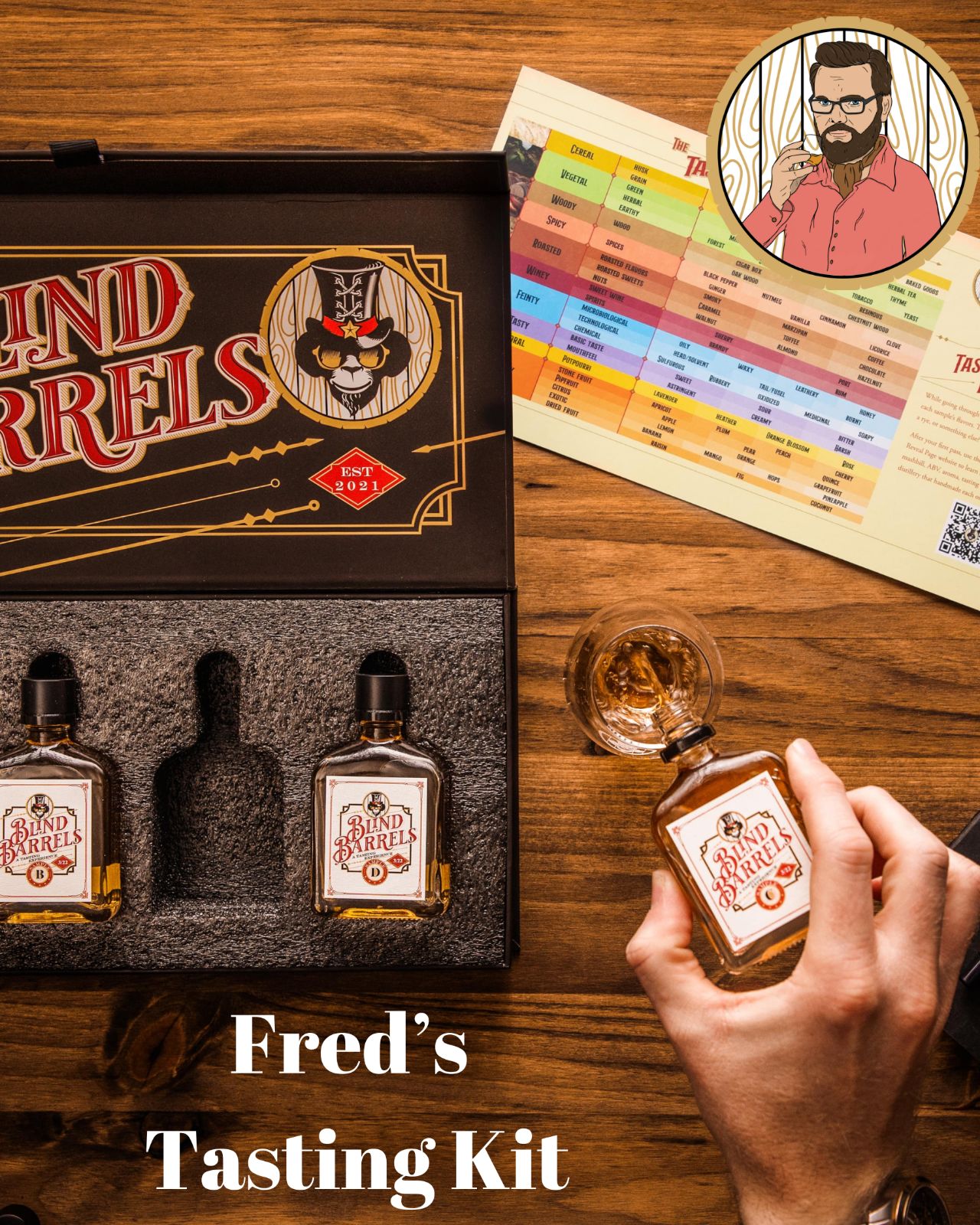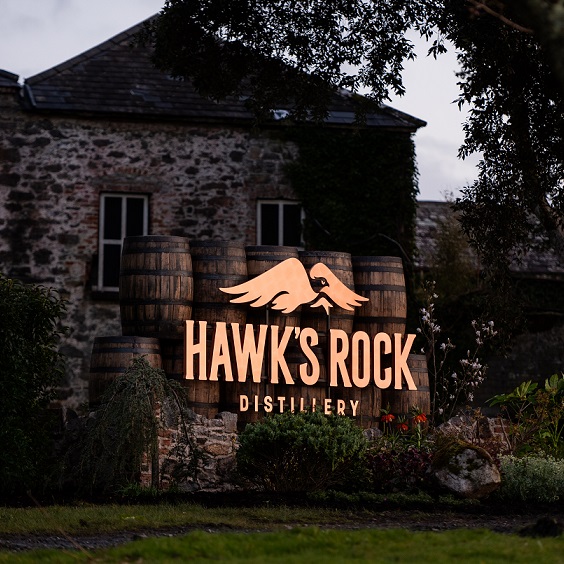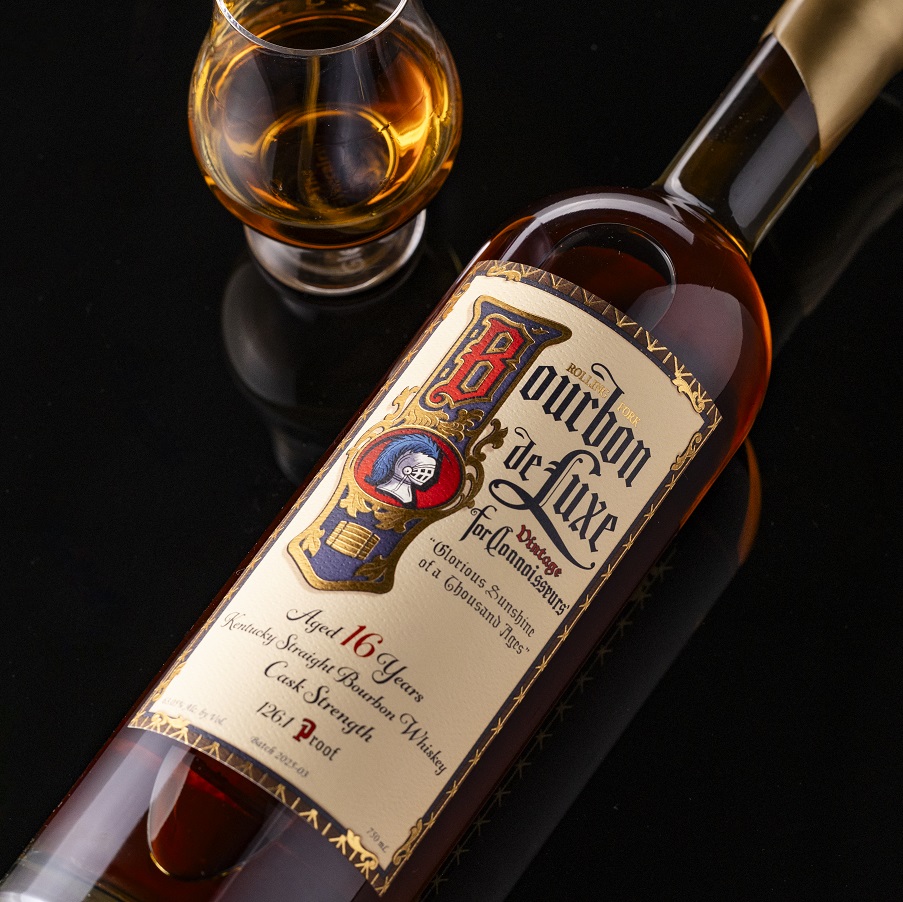Avión Tequila “health claim” PR Snafu Part of Bigger Problem
In late March, Avión Tequila’s PR firm, Allison Brod PR, sent a media pitch claiming “consuming tequila has some serious health benefits.” The pitch offered cocktail recipes and sourced an American Chemical Society study that suggested agave could lower blood sugar, aid in weight loss and boost insulin production.
The pitch did not point out an important finding in the study:
“Of course, the agave’s claim to fame is as the plant from which tequila is made. {Mercedes G. López, Ph.D.} explained that agavins are the only carbohydrates used to produce the drink. All ethanol in tequila comes from the fermentation of glucose and fructose generated after agave pines are cooked. But because the agavins are converted to ethanol, agavins are not found in the finished product.”
The Federal Alcohol Administration Act strictly prohibits misleading health-related claims on alcohol labels and advertisements. According to the spirits lobby DISCUS, “Beverage alcohol advertising and marketing materials should not
contain any curative or therapeutic claim except as permitted by law.”
A PR pitch falls into a gray area since it’s not an ad or on the bottle.
Avión founder Ken Austin says this pitch is “dead” and the firm did not seek Avión officials’ approval before sending the pitch.
“PR firms sometimes put things out and then come back to the client,” Austin told me. “Then, you have weekly and monthly meetings to see the pitches. In this case, a junior person just threw {the idea} out there to see if they got some bites.”
Allison Brod PR had no comment, and the employee who sent the pitch is no longer with the company.
But these kinds of mistakes are only going to become more commonplace as spirits brands fight for customers and reputable organizations, like the American Chemical Society, continue to publish legitimate health studies on alcohol. The ACS study is one of the more recent, but Harvard, Mayo Clinic and many others champion the health benefits of alcohol.
In this Twitter and Facebook era, information flows so freely and we post now and ask questions later. I don’t blame the PR person for trying to jump on a hot trend that was garnering national news, but the liquor makers of the late 1800s and early 1900s sullied any chance of alcohol manufacturers making claims. Duffy’s Pure Malt Whisky claimed to help people live into their 160s, while Dr. Bull’s Cough Syrup claimed to cure ugliness.
These past health claims helped bring Prohibition to our country. Today, the Federal Trade Commission will pursue action for misleading alcohol labeling and advertising.
Austin says he was upset with the pitch, but “it was just a PR pitch and we have moved on.”
With that said, all PR people should note alcohol is heavily regulated, and the industry voluntarily polices itself with the DISCUS’ “Code of Responsible Practices.” Unless the alcohol business wants more regulation, everybody who makes “brand” decisions should be required to read the Federal Alcohol Administration Act and DISCUS’ code. The texts may put you to sleep, but they could prevent future mishaps.
Furthermore, is it okay for the brands to share the published alcohol studies on their Facebook and Twitter accounts? By promoting the study, are they promoting their brand’s health measures?
When it comes to alcohol marketing, the legal gray area just keeps getting bigger.








